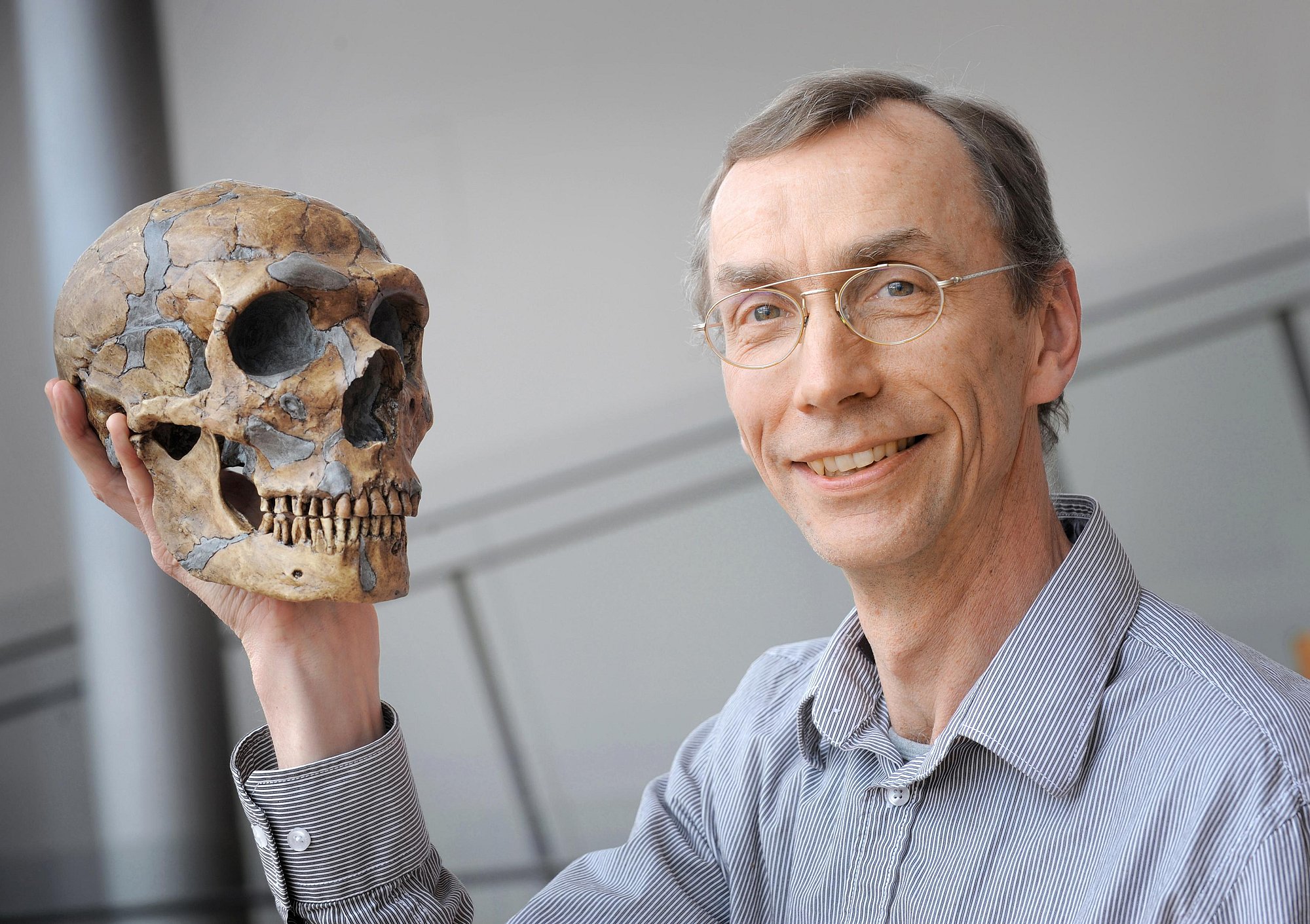Evolution Research Garners Swedish Scientist Nobel Prize in Medicine

MONDAY, Oct. 3, 2022 (HealthDay News) -- Swedish scientist Svante Paabo received the Nobel Prize in medicine on Monday.
The 67-year-old researcher made important discoveries about human evolution and the immune system while comparing modern humans and early hominins. After developing new techniques, Paabo and his team made it possible to compare the genome of modern humans with that of Neanderthals and the newly discovered Denisovans.
"Svante Paabo's groundbreaking discoveries have provided important new knowledge regarding our evolutionary history," said Dr. Anna Wedell, chair of the Nobel Committee, the Associated Press reported.
His father, Sune Bergstrom, also won the Nobel Prize in medicine, in 1982.
The award in medicine is the first in a week of Nobel Prize announcements, which will continue with the physics prize on Tuesday, chemistry on Wednesday, literature on Thursday, and the Nobel Peace Prize on Friday. The economics prize will be given the following Monday.
Paabo conducted his studies at the University of Munich and at the Max Planck Institute for Evolutionary Anthropology in Leipzig, Germany.
His work led to recognition of a new species of hominins, the Denisovans, after the scientists were able to extract DNA from a finger bone, the AP reported.
That was "a sensational discovery," Wedell said.
It showed the connection between Neanderthals and Denisovans, which were groups that split apart about 600,000 years ago, while Neanderthals and modern humans diverged as a species 800,000 years ago.
"Paabo and his team also surprisingly found that gene flow had occurred from Neanderthals to Homo sapiens, demonstrating that they had children together during periods of coexistence," Wedell added.
Modern humans outside of Africa have about 1% to 2% Neanderthal genes, while about 6% of those in Asia and Southeast Asia have Denisovan genes, which also suggests interbreeding of the two groups.
"By mixing with them after migrating out of Africa, homo sapiens picked up sequences that improved their chances to survive in their new environments," Wedell said.
An example of this is Tibetans' adaptation to high altitude, who share a gene with Denisovans.
"We already know that it affects our defenses against different types of infections for instance, or how we can cope with high altitude," said Nils-Goran Larsson, a member of the Nobel panel. "But like all great discoveries in basic science, more and more insights will come over the next decades."
Paabo follows last year's winners David Julius and Ardem Patapoutian, who studied how the human body perceives temperature and touch, the AP reported.
Prize recipients will receive 10 million Swedish kronor, which is nearly $900,000, on Dec. 10. Money is from a bequest left by Swedish inventor Alfred Nobel, who died in 1895.
More information
The U.S. National Human Genome Research Institute has more on the human genome.
SOURCE: Associated Press
Related Posts
‘Three’s Company’ Star Suzanne Somers Dies From Cancer at 76
MONDAY, Oct. 16, 2023 (HealthDay News) -- Actress Suzanne Somers died...
Stroke Can Leave Folks Thinking One Hand Is Bigger Than the Other
TUESDAY, Dec. 20, 2022 (HealthDay News) -- Imagine living day-to-day with one...
America’s Pediatricians Offer Tips for a Safe Halloween
SUNDAY, Oct. 22, 2023 (HealthDay News) -- As pint-size witches, ghosts and...
